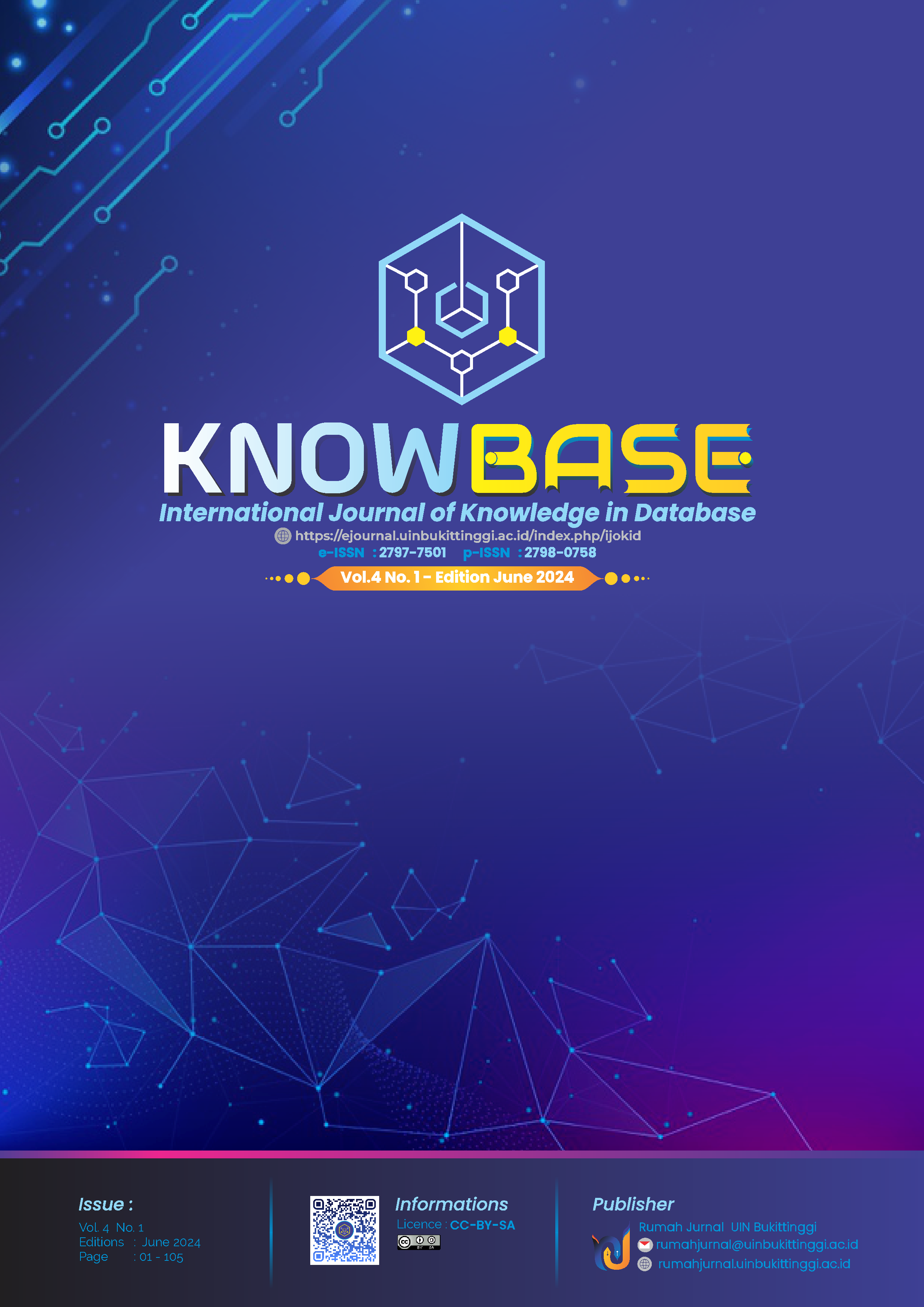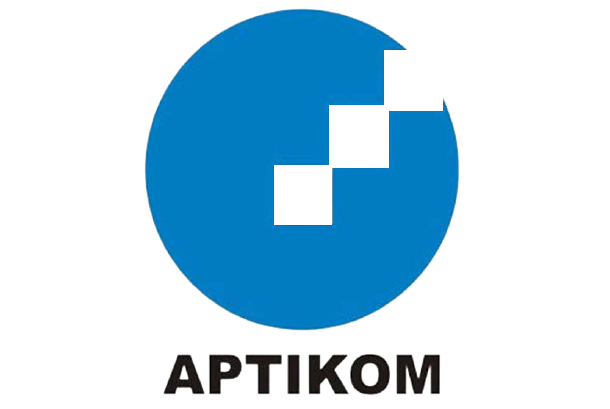Integration of Digital Public Services Mall Application with a Citizen Centric Government Services Approach
DOI:
https://doi.org/10.30983/knowbase.v4i1.8368Abstract
The integration of government services represents a practical solution in the context of the numerous applications developed by both Central and Regional Governments, particularly those used to access public service applications. The Digital Public Service Mall application can be leveraged by Regional Governments through data integration, enhanced with Single Sign-On (SSO) capabilities. This will facilitate collaboration between Regional Apparatus Organizations (OPD), enabling them to work together as technical managers of public services. Consequently, this will simplify public access to these services, eliminating the need for repeated data entry processes. Additionally, this system can be developed using facial recognition (FR) technology, which can be integrated with the Digital Population Identity (IKD). The concept of Citizen-Centric Government Services has been widely adopted by governments in various countries to bring government services closer to their citizens. This research focuses on analyzing the integration of data and public service applications, specifically the Digital Public Service Mall (MPP) application in West Java Province. The data analysis technique employed is descriptive-analytical with a qualitative approach. The Citizen-Centric Government Services framework assists in analyzing the extent of data and application integration implementation in a government service. This framework outlines the dimensions within it based on achievement indicators aligned with expectations. Data collection includes semi-structured interviews, participatory observations, and documentation. Based on the analysis results using the dimensional approach within the Citizen-Centric Government Services Framework, it is evident that the Digital MPP application of West Java Province is optimally utilized by the Regency/City Governments and the people of West Java Province. The analysis using the Citizen-Centric Government Services Framework approach reveals that several achievement indicators within each dimension can be met through effective collaboration between the government and the community.
Downloads
Published
2024-06-30
How to Cite
Rina Wahyuni. (2024). Integration of Digital Public Services Mall Application with a Citizen Centric Government Services Approach. Knowbase : International Journal of Knowledge in Database, 4(1), 13–27. https://doi.org/10.30983/knowbase.v4i1.8368
Issue
Section
Articles
Citation Check
License
Copyright (c) 2024 Rina Wahyuni

This work is licensed under a Creative Commons Attribution-ShareAlike 4.0 International License.
Authors who publish with this journal agree to the following terms:
- Authors retain copyright and grant the journal right of first publication with the work simultaneously licensed under a Creative Commons Attribution License that allows others to share the work with an acknowledgment of the work's authorship and initial publication in this journal.
- Authors are able to enter into separate, additional contractual arrangements for the non-exclusive distribution of the journal's published version of the work (e.g., post it to an institutional repository or publish it in a book), with an acknowledgment of its initial publication in this journal.
- Authors are permitted and encouraged to post their work online (e.g., in institutional repositories or on their website) prior to and during the submission process, as it can lead to productive exchanges, as well as earlier and greater citation of published work (See The Effect of Open Access).




